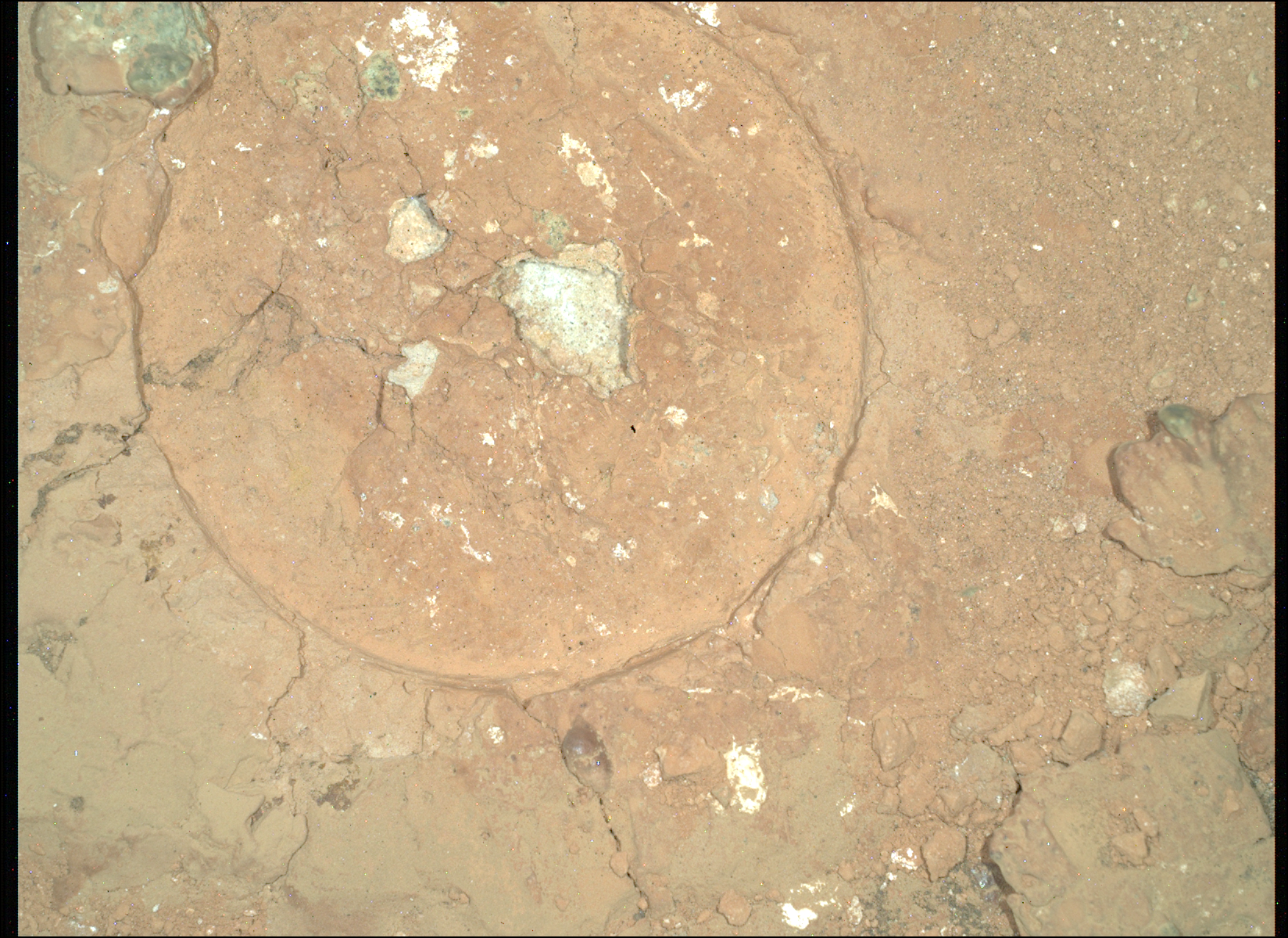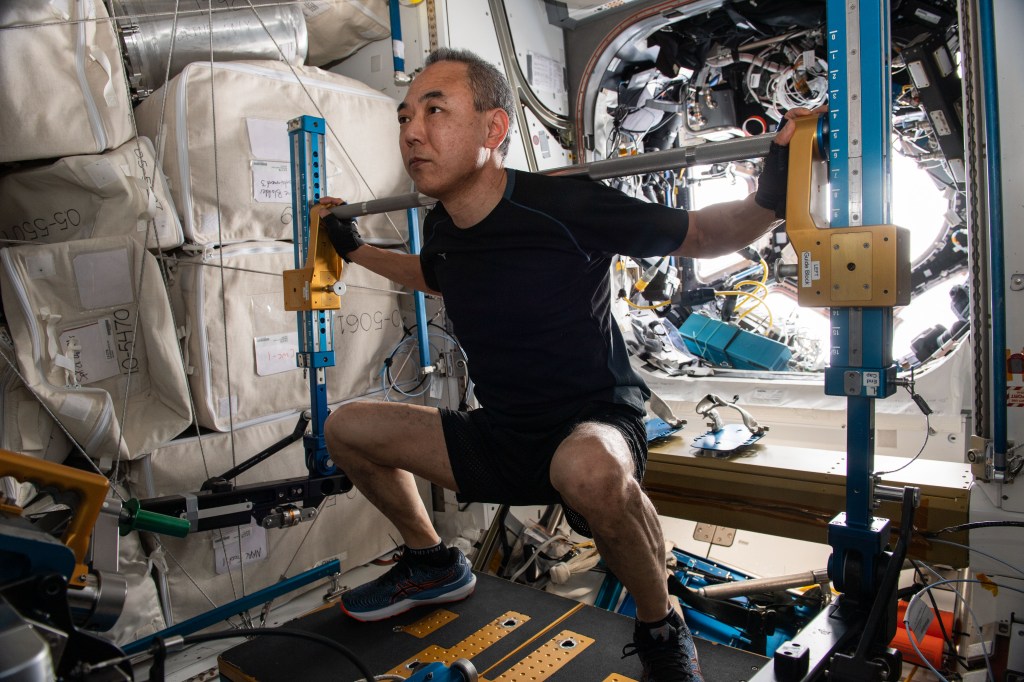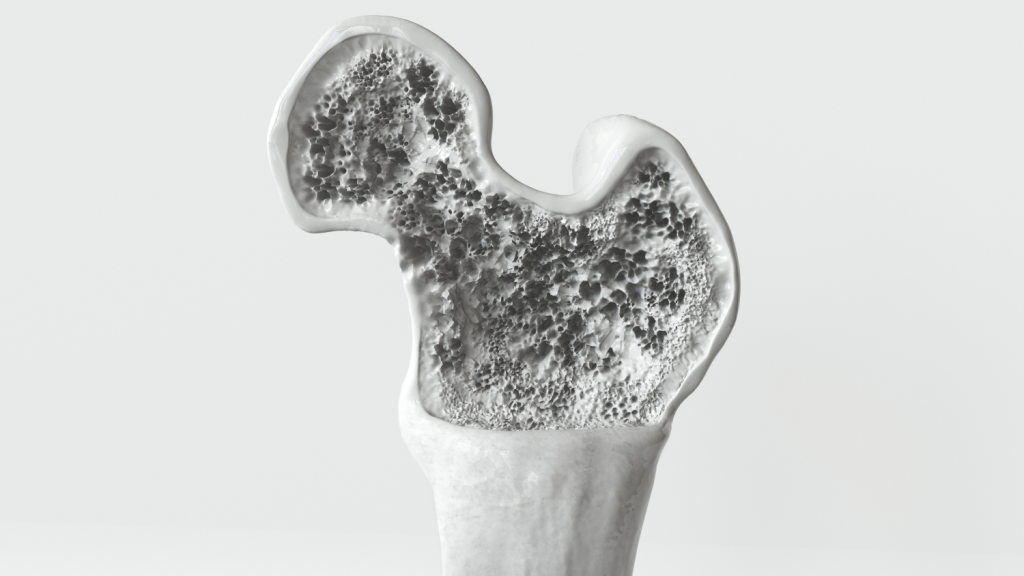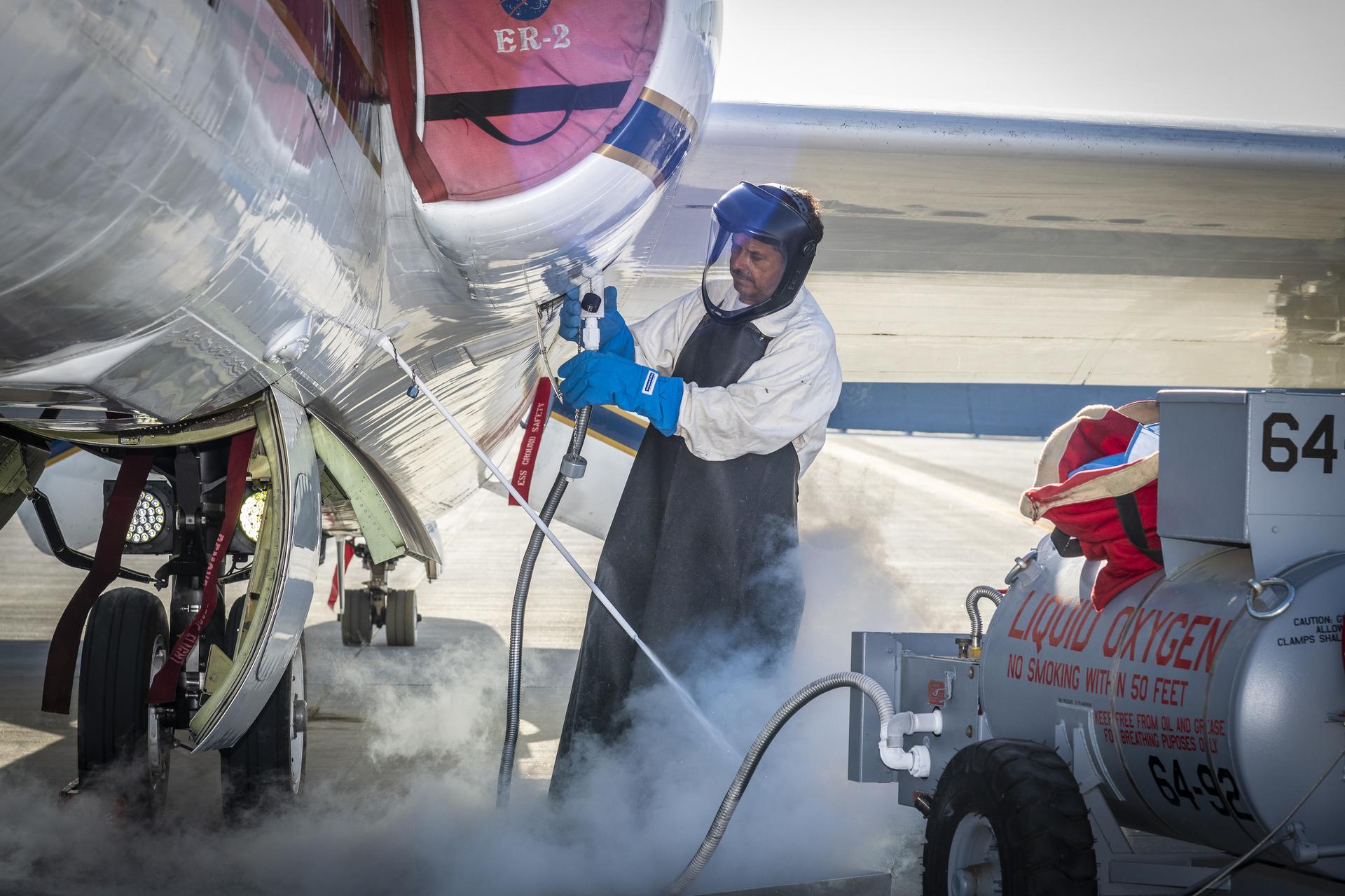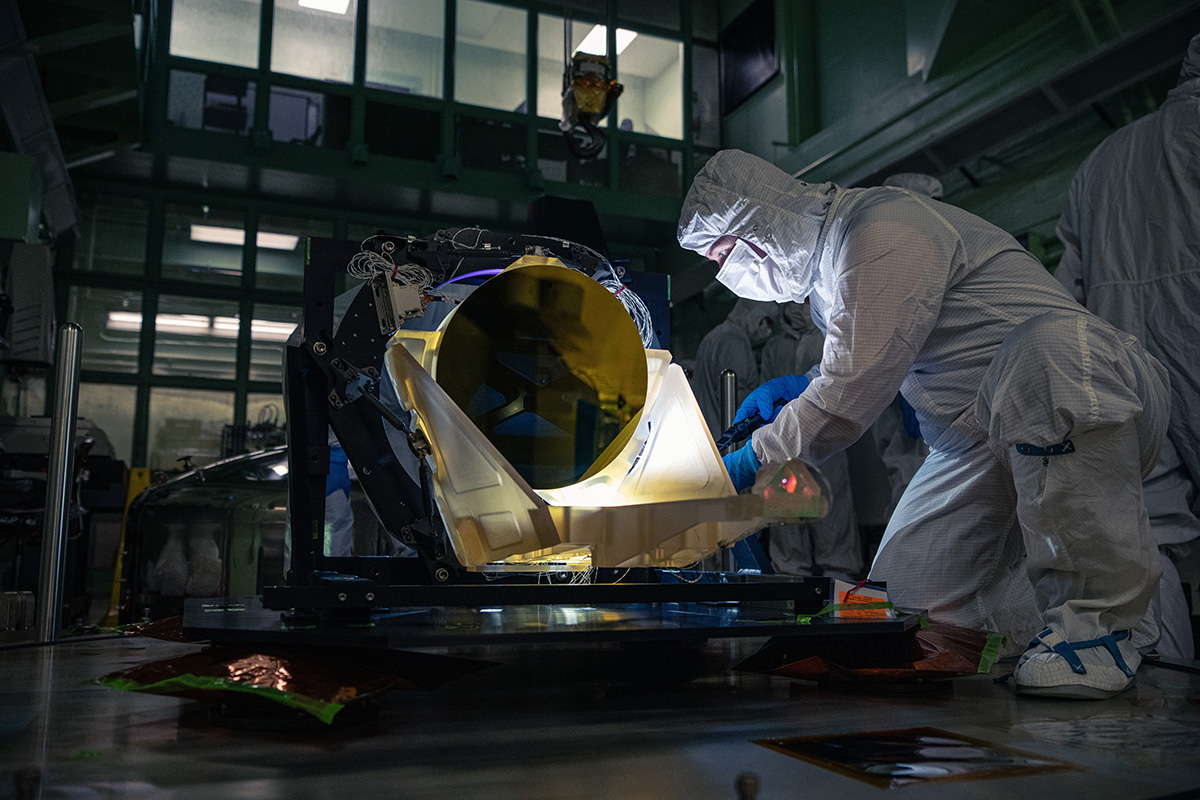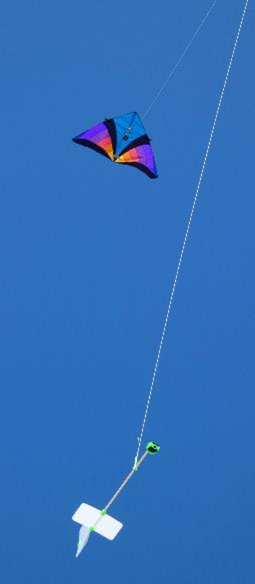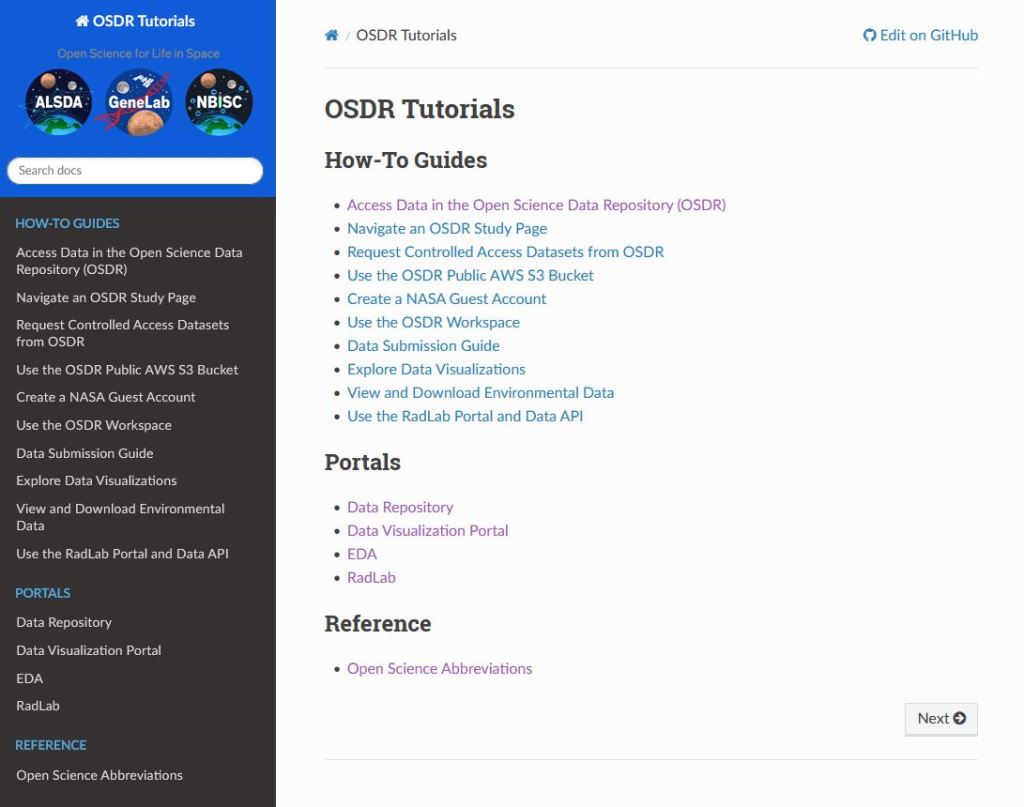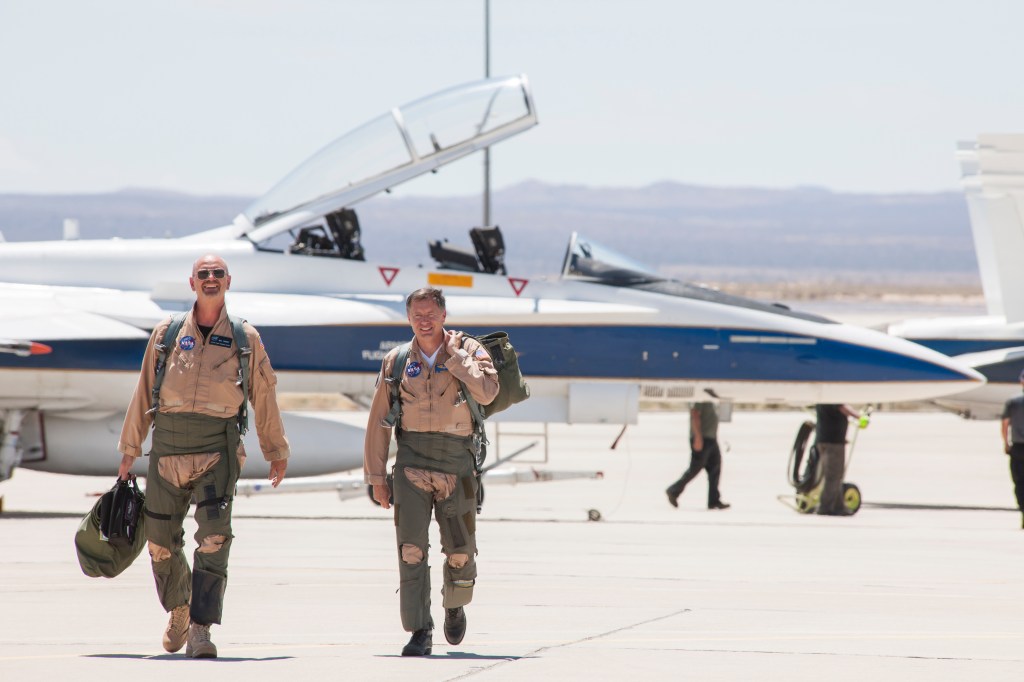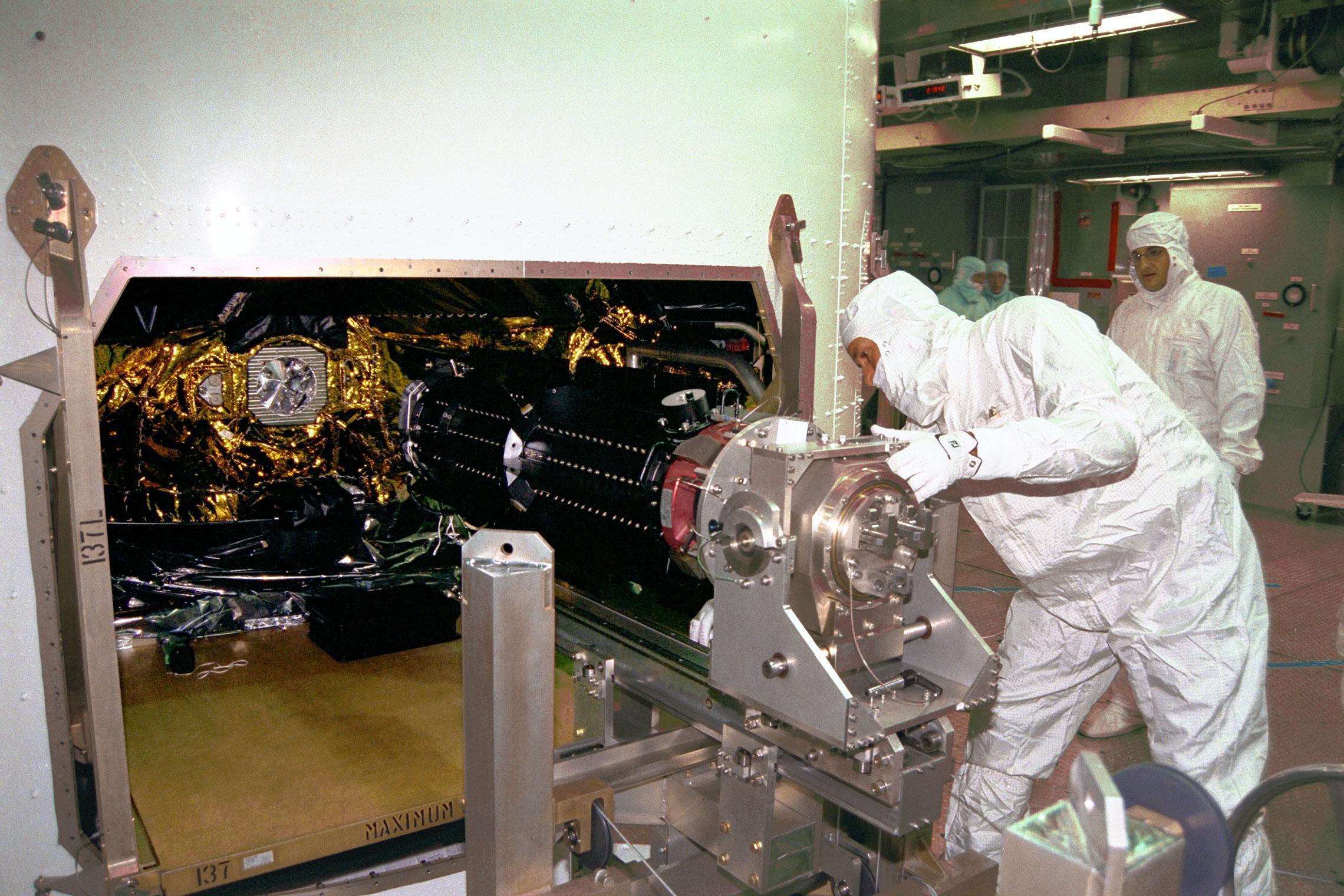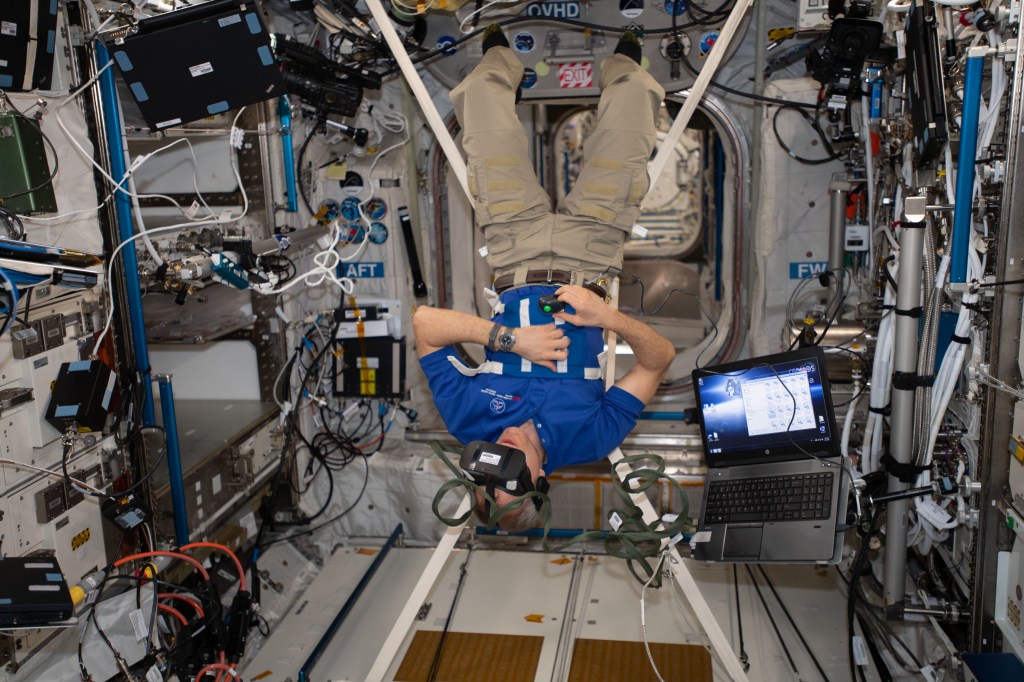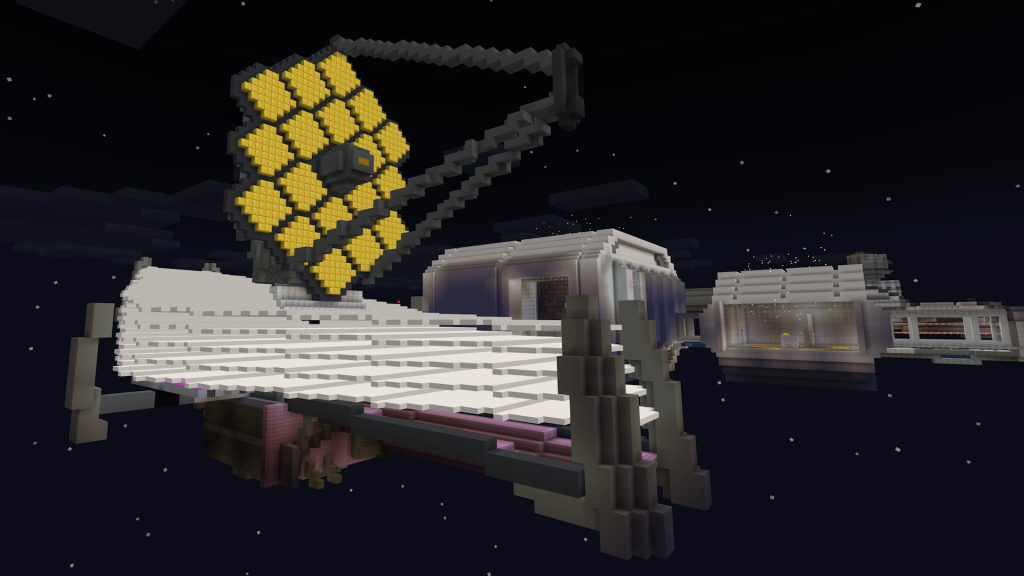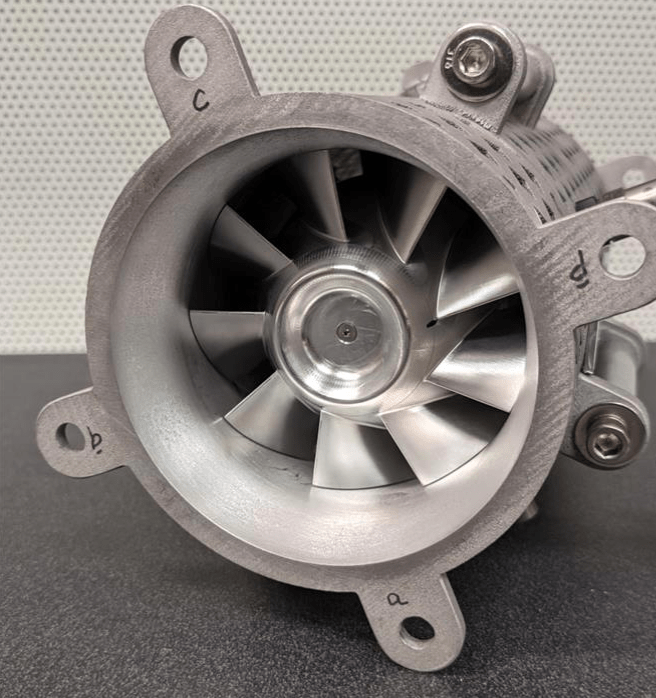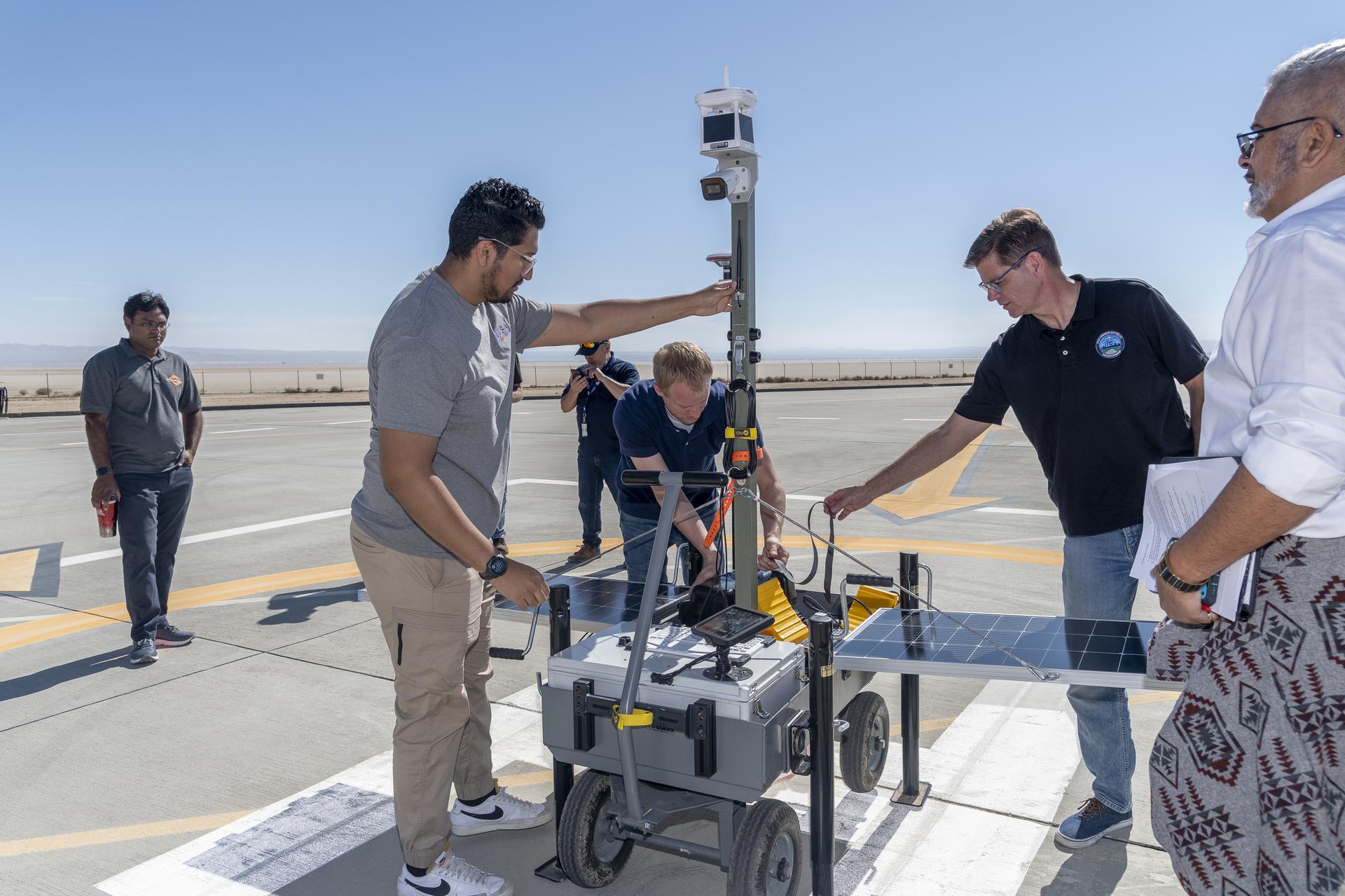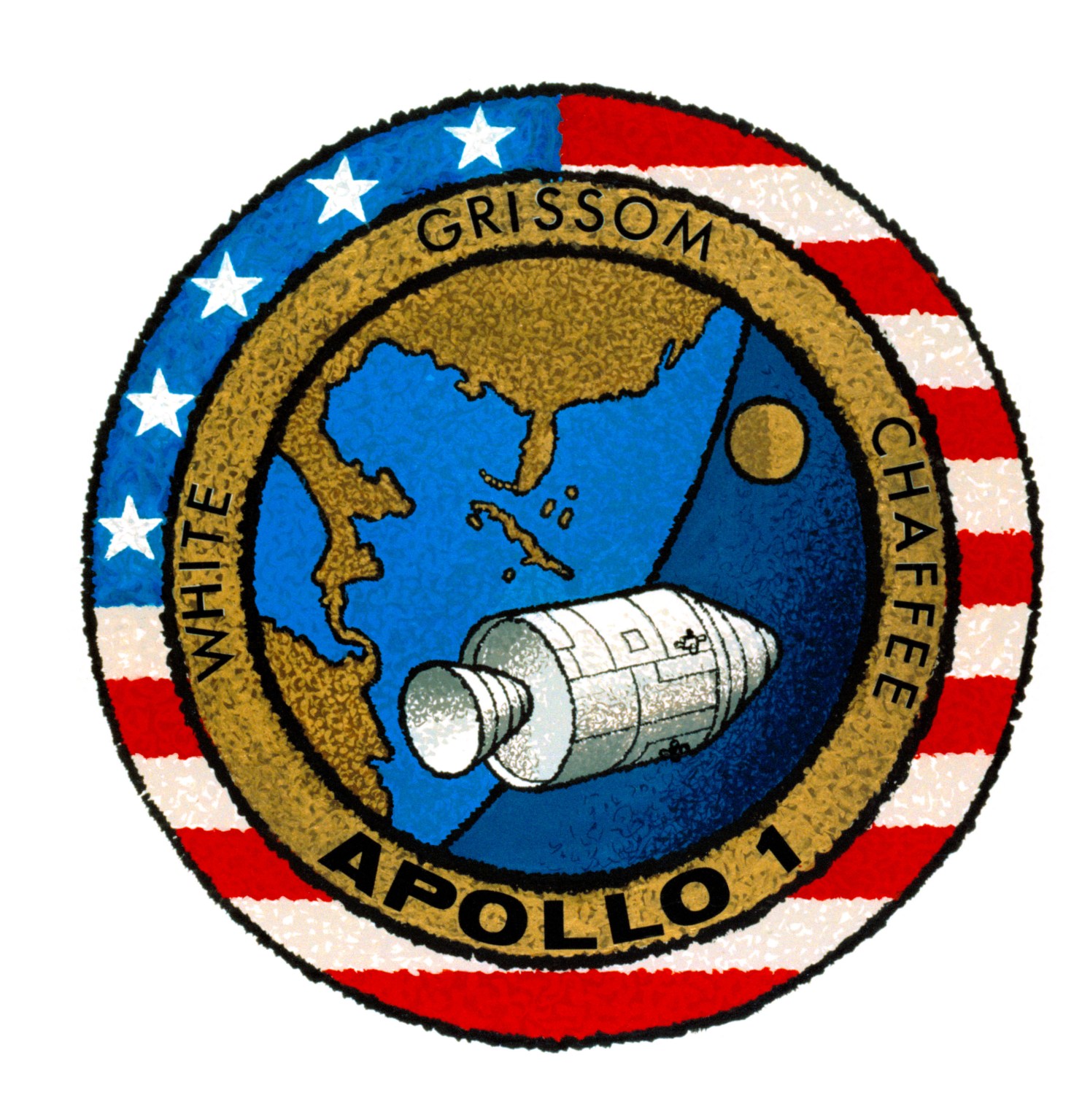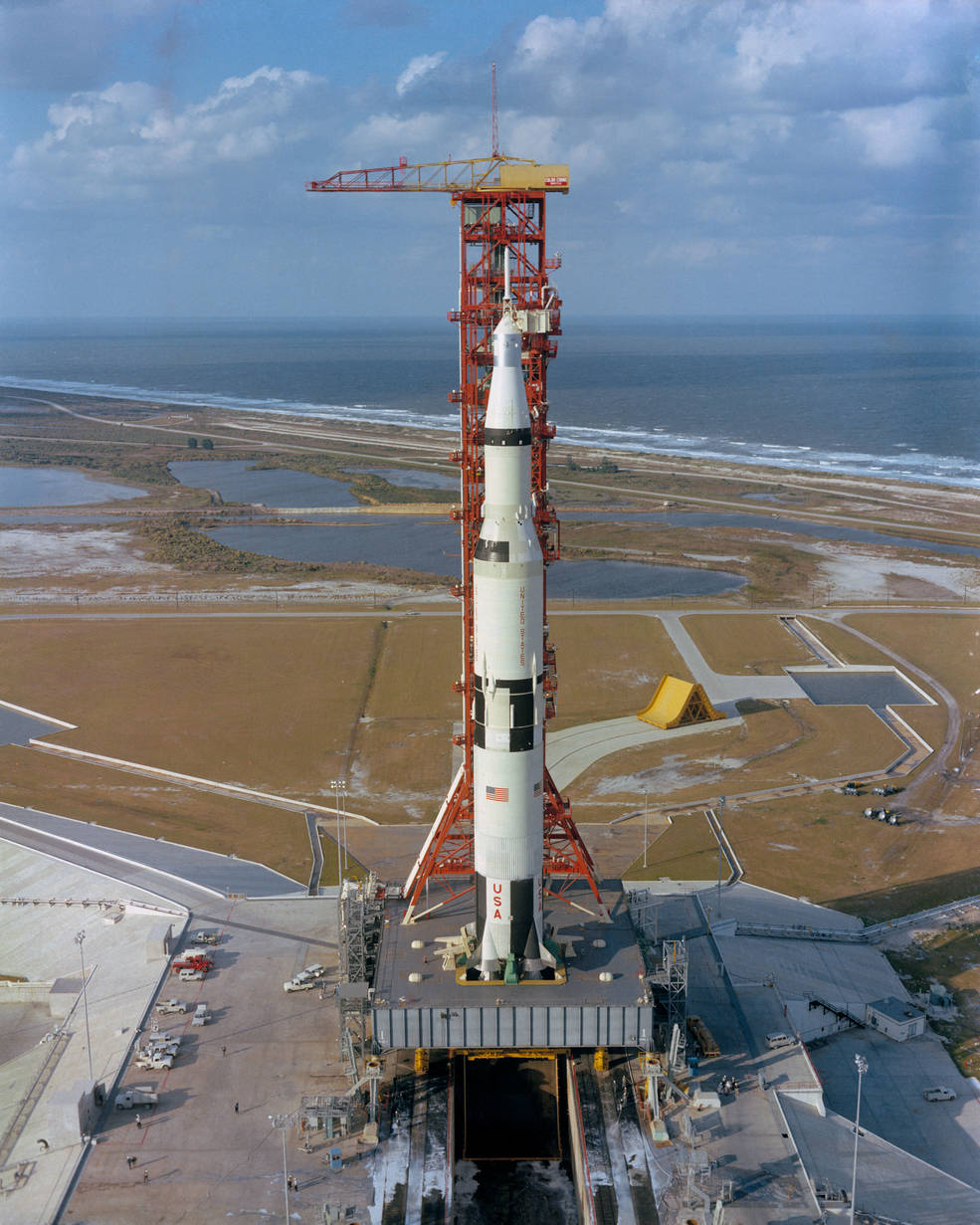Excerpt from “Apollo 204 Accident: Report of the Committee on Aeronautical and Space Sciences, United States Senate, Report No. 956,” January 30, 1968, p. 7. Source: NASA Historical Reference Collection, NASA History Office, NASA Headquarters, Washington, DC.
During the course of the committee’s hearings it was called to the attention of the committee that NASA had experienced schedule, cost and performance problems with North American Aviation, Inc., prime contractor for the Apollo command and service modules and the Saturn S-II stage.
A task force review, headed by Apollo Program Director Samuel C. Phillips, made a detailed examination of the contractor’s management of assigned programs and made many recommendations for remedial action on all aspects of the contractor’s operations in order to return the program to an acceptable level of performance. Its results were submitted to North American management on December 19, 1965.
Such a review is considered to be a proper management action on the part of NASA and the committee was impressed by its professionalism and thoroughness. However, it was not made clear why the responsible NASA centers permitted the situation to deteriorate as far as it apparently had before initiating appropriate remedial action.
In response to committee questioning, NASA witnesses testified that:
- the contractor has been responsive to the recommendations and that NASA has confidence that the contractor will be able to perform to the level of managerial and technical performance required and expected in the Apollo program.
- that the results of such review were supplied to the Apollo 204 Review Board for its consideration.
- that the findings of the task force had no effect on the accident, did not lead to the accident, and were not related to the accident.
The Administrator of NASA testified on May 9, 1967, that NASA has realigned certain responsibilities in the Apollo hardware program to streamline the Apollo effort in the interests of better performance and greater efficiency on the part of the spacecraft contractor. One principal action in this regard is to assure that the contractor’s efforts to meet schedule and performance targets for the Apollo program will not be diluted during this period by follow-on Apollo Applications work. Also, NASA has ordered the freezing of the command module design throughout the Block II production.




